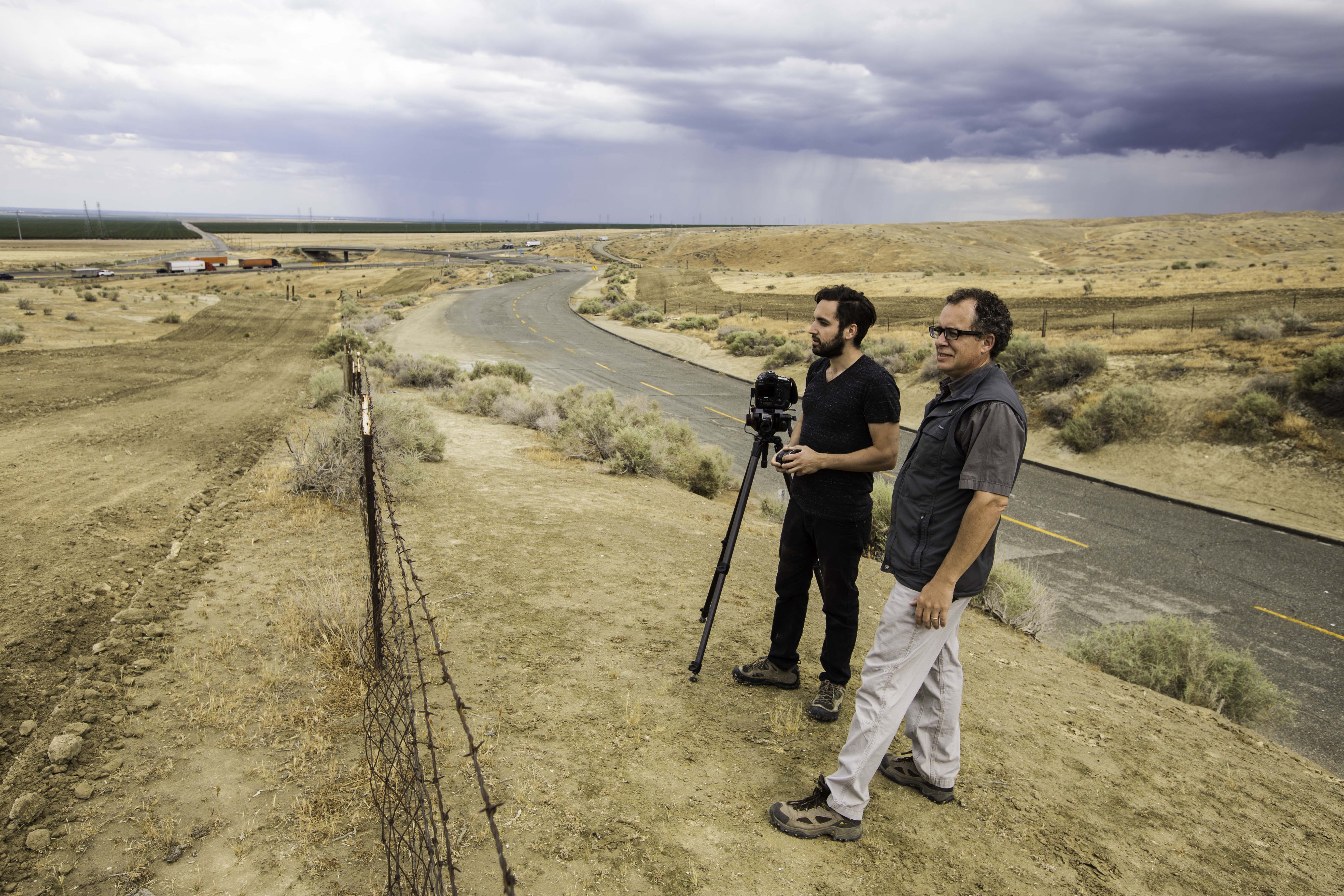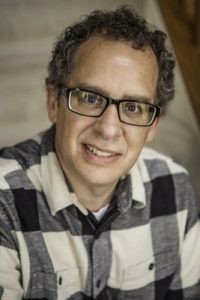The public is invited to attend a free screening of Thirsty Land at the Normal Theater on Monday, March 25. The documentary begins at 7 p.m. and film producer/director Conrad Weaver will present immediately following the movie.
Thirsty Land is a documentary about extreme drought, agriculture, and the water crisis in the western United States, and how these challenges impact farmers, communities, and the environment.
“Water is essential for life,” said Weaver. “We take for granted that we’ll always have enough to sustain our way of living; but it’s a finite resource that we need to protect so that future generations can enjoy an abundance of food and good clean water.”
The screening of Thirsty Land is co-sponsored by Illinois State University’s Center for a Sustainable Water Future, American Democracy Project, and Center for Community Engagement and Service Learning.
The Center for a Sustainable Water Future was established in 2018 to promote and coordinate interdisciplinary research, teaching, and community-based projects focusing on water. The center is co-directed by Noha Shawki, a professor in the Department of Politics and Government, and Joan M. Brehm, a professor and chair of the Department of Sociology and Anthropology.
According to Shawki, the documentary Thirsty Land was selected for this screening because it addresses a critical issue that affects all of us and has such critical consequences for the environment, agriculture and food security, and community development.
“Even though Central Illinois has relatively abundant water,” Shawki said, “as engaged and informed citizens we should all be aware of and concerned about the water crisis in the western United States as the water crisis will have impacts reaching far beyond the West.”
Through both the film and Weaver’s presentation, attendees should be able to gain a deeper understanding of the complexity of the water crisis in the West, of its far-reaching impacts, and of what can and should be done in response to it.
“Protecting and preserving our water supply is everyone’s responsibility,” Weaver said. “We must all do our part. Future generations depend on us.”


